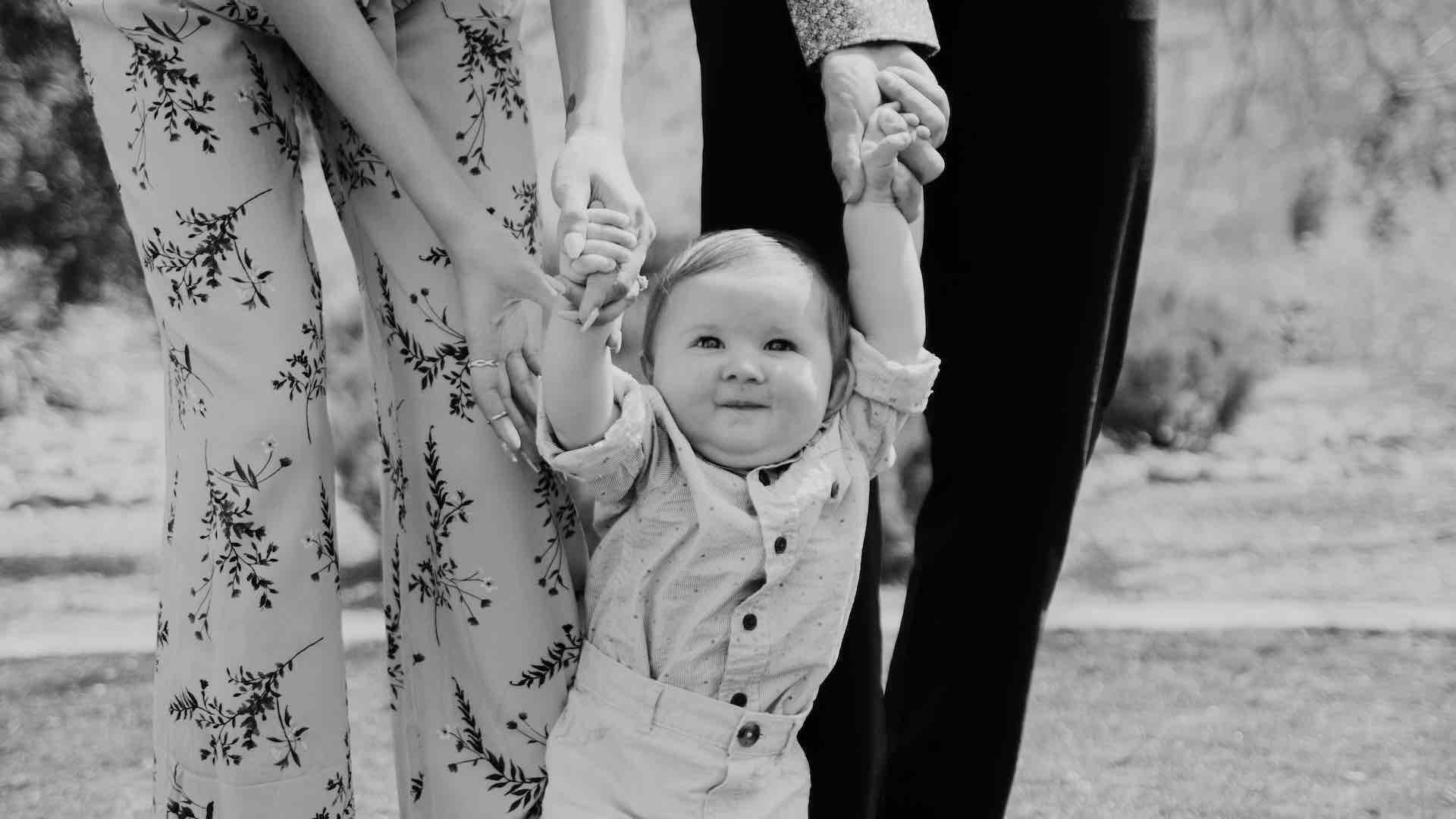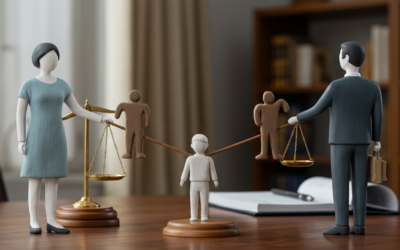If you are involved in a divorce, legal separation or paternity action, the most important part of the action is custody and placement of your children. It is very important that you address the child custody and placement from the onset of your case. Do not wait until other issues are addressed, because the issue of placement in particular drives other issues, such as child support, maintenance, who remains in the residence, and most importantly, what is best for your children.
In Wisconsin, child custody is different than child placement. Child custody in Wisconsin means whoever has the power and the right to make fundamental decisions regarding the children including education, religion, medical care, etc. If one party is awarded sole legal custody, that parent has final decision-making power relative to major decisions involving your children. Joint legal child custody in Wisconsin requires input and equal decision-making by both parents. Joint child custody in Wisconsin requires good communication between the parties, co-parenting skills, similar parenting values and a willingness to put the best interests of the children first.
Child placement means where the children reside or where they spend their time. Placement can be shared, awarded to one party, supervised or split between the parties. A person with placement has the ability to make day-to-day decisions relative to the children, including extra-curricular activities, bedtimes, what the children eat for breakfast, etc.
The Court looks at a number of factors in determining placement and child custody in Wisconsin. Those factors include the wishes of the child, the wishes of the parents, the interaction of the child with the parents, siblings and any other person who may significantly effect the child’s best interests, the amount and quality of time that each parent has spent with the child in the past, and the child’s adjustment to home, school, religion and community. In addition, the Court will look at the age of the child, the child’s developmental and educational needs, and the physical health of the parties and the minor child. A parent’s significant other is also a factor. The Court looks at any other person living in the proposed custodial household who will negatively effect the child’s intellectual, physical or emotional well-being. Cooperation and communication between the parties is also of importance to the Court in making a physical placement determination. A history of abuse may also play a factor in determining placement.
The best interests of the child or children is controlling–not your rights as a parent. It is sometimes said that Wisconsin is a 50/50 state relative to child custody and placement. That is not true. There is no presumption of equal placement. While Sec. 767.41, Wis. Stats., requires the Court to provide for placement that allows a child to have regular occurring, meaningful periods of physical placement with each parent, which is not tantamount to a presumption of equal placement.
Know your rights regarding child custody in Wisconsin and placement. Fight for those rights. It is important to retain an attorney and address child custody and placement at the onset of your divorce, legal separation or paternity case.
General Child Custody
What is the role of the Guardian ad Litem in custody cases?
In Wisconsin, children in custody/placement cases have Guardian ad Litems to represent them. These attorneys, who are selected by the judge, represent the best interests of the minor children in the proceedings. The Guardian ad Litem will most likely want to meet your child. The Guardian at Litem will talk to both parties and will generally visit the home of each party. The Guardian at Litem’s role is focused solely on the best interests of the child. The Guardian ad Litem is often instrumental in negotiating a settlement of custody and placement, as well as any of the problems surrounding such issues.
Split Custody in Wisconsin
What does it mean to have split custody?Split custody refers to a custodial arrangement where each parent has sole physical custody of one or more of the children. Courts generally disfavor split custody because it separates the children from each other. However, in families with a disabled child or a child who is in need of additional health services, or in cases of child-on-child abuse, the use of split custody can provide for more attention and care focused on an individual child. Certainly other circumstances occur where split placement is ordered, but generally only under exceptional circumstances.




